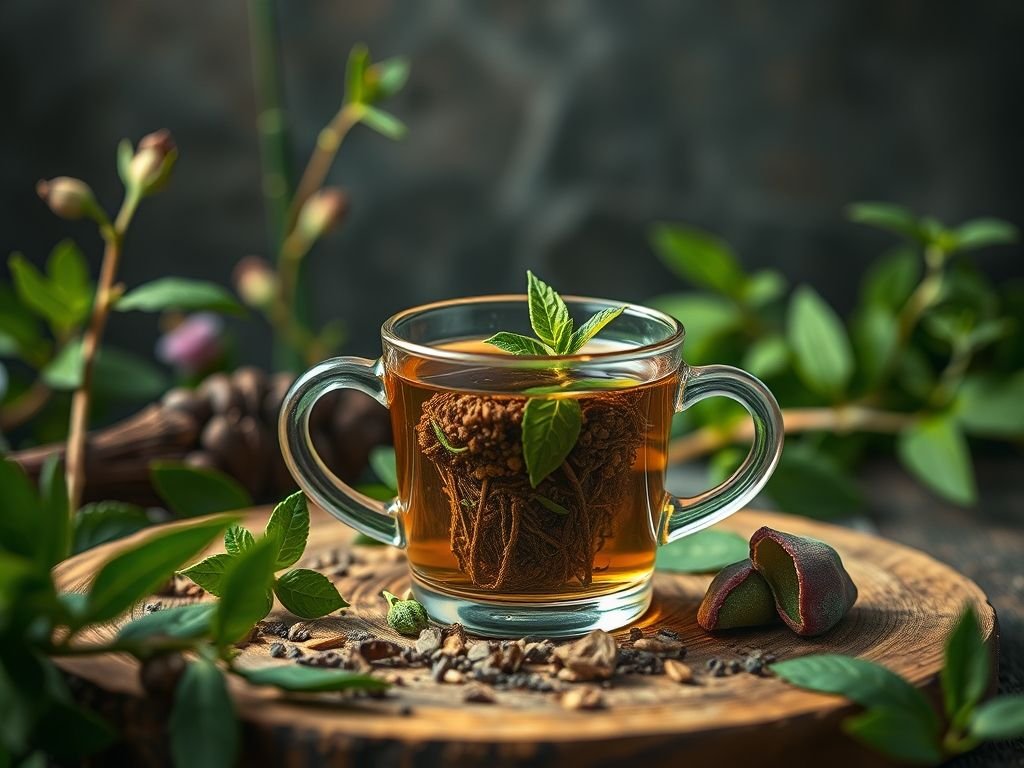Herbs for Tea: A Comprehensive Guide
Herbs for tea refer to a variety of plant-derived ingredients that are infused in hot water to create herbal teas. Unlike traditional teas made from the Camellia sinensis plant, herbal teas can be crafted from a wide range of herbs, flowers, fruits, and spices, offering a myriad of flavors and health benefits. This guide will delve into the significance of herbs for tea, their applications, and how they can enhance your well-being.
The Importance of Herbs for Tea
Herbal teas have gained popularity not only for their diverse flavors but also for their potential health benefits. Many individuals are turning to natural remedies as a means to improve their health, manage stress, and assist in weight loss. In a world where holistic health is becoming increasingly valued, understanding the various herbs that can be used for tea is essential.
Health Benefits of Herbal Teas
Herbal teas can support various health goals. Below are some commonly used herbs and their associated benefits:
- Chamomile: Known for its calming properties, chamomile is often used to help with anxiety and promote sleep.
- Peppermint: This refreshing herb aids digestion and can help alleviate headaches.
- Ginger: Ginger tea is widely recognized for its anti-inflammatory properties and can help with nausea and digestive discomfort.
- Hibiscus: Rich in antioxidants, hibiscus tea can help lower blood pressure and improve heart health.
How to Choose the Right Herbs for Your Tea
Selecting the appropriate herbs for your tea depends on your health goals and personal preferences. Here are some tips:
- Identify Your Goals: If you are looking to reduce anxiety, consider herbs like chamomile or lemon balm.
- Consider Flavor: Some herbs have strong flavors; if you prefer milder teas, opt for herbs like rooibos or lemongrass.
- Quality Matters: Select high-quality, organic herbs to ensure maximum flavor and health benefits.
Practical Applications of Herbs for Tea
Incorporating herbal teas into your daily routine can be both enjoyable and beneficial. Here are some practical ways to use herbs for tea:
- Morning Boost: Start your day with a cup of ginger tea to kickstart your metabolism.
- Midday Calm: Sip on chamomile or lavender tea during the afternoon to reduce stress.
- Evening Relaxation: Enjoy a cup of valerian root tea before bedtime to promote sleep.
Recipe Ideas for Herbal Teas
Creating herbal teas at home is simple and can be tailored to your taste. Here are a few recipes:
Chamomile and Lavender Tea
- Ingredients: 1 tablespoon dried chamomile flowers, 1 teaspoon dried lavender buds, 2 cups boiling water.
- Instructions: Combine chamomile and lavender in a teapot. Pour boiling water over the herbs and steep for 5-10 minutes. Strain and enjoy.
Peppermint and Ginger Tea
- Ingredients: 1 tablespoon fresh peppermint leaves, 1 teaspoon fresh ginger (sliced), 2 cups boiling water.
- Instructions: Add peppermint leaves and ginger to a teapot. Pour boiling water over and steep for 5-7 minutes. Strain and serve hot or iced.
Understanding herbs for tea can also lead to greater knowledge of other natural remedies and holistic practices. Here are some related concepts:
- Herbal Medicine: The use of plants for medicinal purposes.
- Aromatherapy: Utilizing plant extracts for therapeutic benefits.
- Essential Oils: Concentrated plant extracts used for various health benefits.
Conclusion: Embrace the Benefits of Herbs for Tea
Herbs for tea offer a delightful and healthful way to enhance your well-being. By selecting the right herbs and integrating them into your daily routine, you can experience their numerous benefits. Whether you’re seeking to manage stress, improve digestion, or simply enjoy a warm cup, herbal teas are a perfect solution. Remember, the key is to explore different combinations and find what works best for you.
So, why not start your journey with herbs for tea today? Experiment with different blends, and let nature’s goodness enrich your life.

